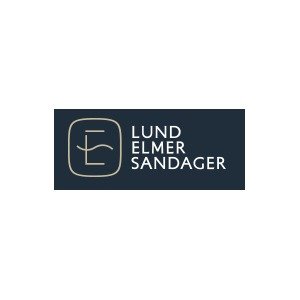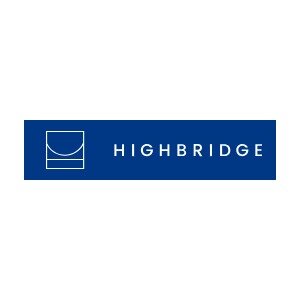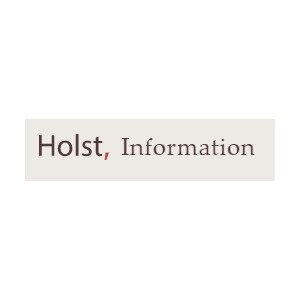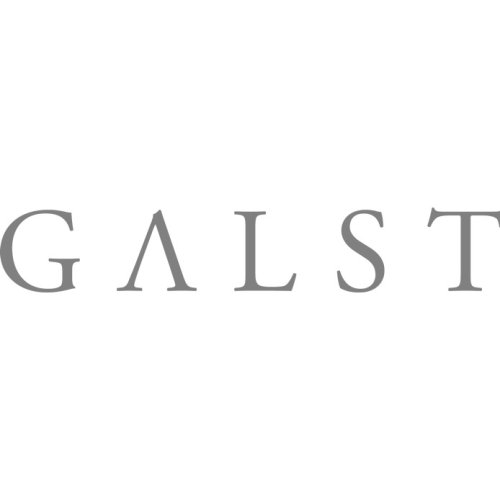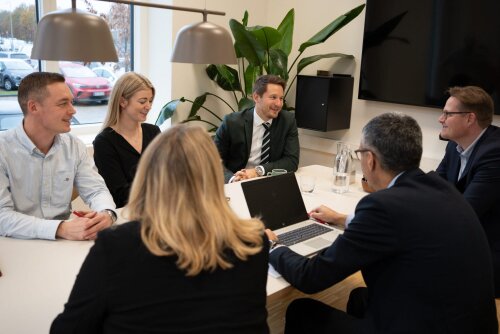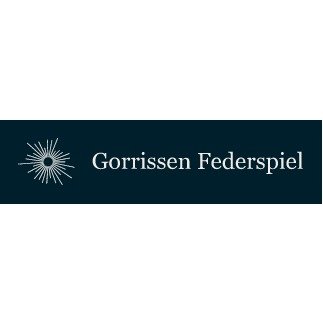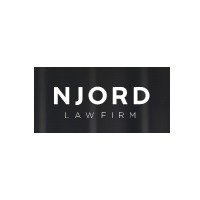Best Water Law Lawyers in Copenhagen
Share your needs with us, get contacted by law firms.
Free. Takes 2 min.
List of the best lawyers in Copenhagen, Denmark
About Water Law in Copenhagen, Denmark
Water Law in Copenhagen, Denmark governs how water resources are managed, protected, and used. It covers a range of issues including water supply, water quality, groundwater protection, wastewater treatment, and the regulation of watercourses and wetlands. Its aim is to ensure the sustainable use of water resources, protect the environment, and balance the interests of individuals, businesses, and the public. The laws operate within the framework of Danish national legislation, as well as relevant European Union directives and municipal regulations specific to Copenhagen.
Why You May Need a Lawyer
Individuals and businesses may require legal assistance with Water Law for various reasons in Copenhagen. Common situations include:
- Disputes over water rights, such as access to private or public water sources
- Issues involving contamination or pollution of watercourses, lakes, or groundwater
- Challenges to administrative decisions by local or national authorities regarding water permits
- Compliance with strict environmental regulations affecting construction or agricultural projects near water bodies
- Conflicts over land use where water management is a concern (for example, drainage or flooding issues)
- Fines or penalties related to non-compliance with water quality or wastewater disposal regulations
- Negotiating agreements involving shared water resources with neighbors or municipal authorities
Legal advice is crucial to ensure compliance, protect your interests, and resolve disputes efficiently in this complex field.
Local Laws Overview
The regulation of water in Copenhagen is primarily based on national Danish law, with key statutes including the Water Supply Act, the Environmental Protection Act, and the Act on Watercourses. Copenhagen’s local municipality also plays an active role, with regulations relating to water supply, sewer systems, and surface water management.
Key aspects include:
- Permits and Approvals: Activities that can affect water bodies - such as construction near lakes or watercourses, water abstraction, or discharge of wastewater - often require permits from municipal or state authorities.
- Water Quality Standards: Strict standards are enforced for drinking water, groundwater, and surface water. Regular monitoring and reporting are mandatory for public and private water suppliers.
- Pollution Control: There are comprehensive requirements for preventing, reporting, and remedying pollution incidents affecting water bodies. Severe penalties may be imposed for violations.
- Flood Management: The municipality has specific rules for drainage, flood control, and the management of stormwater to protect property and the environment.
- Protected Areas: Certain zones, such as groundwater protection areas or ecologically sensitive watercourses, are subject to additional restrictions.
- Public Right of Access: There are clear guidelines on the public’s right to access and use water bodies, which are balanced with private rights and environmental protections.
Frequently Asked Questions
What is Water Law and why is it important in Copenhagen?
Water Law defines how water resources are managed and protected. In Copenhagen, with its urban waterways, lakes, and reliance on clean groundwater, Water Law ensures safe drinking water, protects the environment, and manages the city’s storm and wastewater challenges.
Do I need a permit to drill a well on my property?
Yes, drilling a well for private use on your property typically requires a permit from the municipality. The process ensures that water quality standards are maintained and groundwater resources are protected.
Who is responsible for water supply in Copenhagen?
Water supply is provided by municipal utilities, but strict regulations affect both public and private suppliers. Property owners are responsible for connecting to the official water network unless specific exceptions apply.
What should I do if I discover water pollution on my property?
Any suspected pollution should be reported immediately to the local environmental authority. Depending on the source and severity, you may be legally obligated to clean up the pollution or work with the authorities on remediation.
Can I build structures close to a river, lake, or other water body?
Building near a water body requires compliance with setback and protection rules under municipal and national law. In most cases, you will need to obtain permits and demonstrate that construction will not harm the environment.
What are the rules regarding wastewater disposal?
Wastewater must be managed through the official sewer network where available. Private treatment systems require permits, and direct discharge to surface waters is heavily restricted to prevent pollution.
How are water usage disputes between neighbors resolved?
Most disputes are resolved through municipal authorities. If unresolved, parties may need to seek mediation or court intervention. Legal advice is strongly recommended in these situations.
Are there regulations to prevent flooding?
Yes, Copenhagen has specific rules and infrastructure in place to manage stormwater and prevent flooding. Property owners are expected to comply with drainage regulations and may be required to implement flood prevention measures.
Is it legal to swim or boat in all public waters in Copenhagen?
While public access is generally allowed, restrictions may apply for safety or environmental protection reasons. Always check local municipal rules before entering or using public waters.
What penalties exist for violating Water Laws in Copenhagen?
Penalties range from fines to criminal charges, depending on the severity and type of violation. Repeat or intentional breaches, especially those causing environmental harm, carry the most severe consequences.
Additional Resources
If you need more information or assistance, consider reaching out to these reputable resources:
- Copenhagen Municipality Environmental Department: For permits, regulations, and local guidelines on water management and pollution.
- Danish Environmental Protection Agency (Miljøstyrelsen): Offers guidance on environmental regulations, including water protection and quality standards.
- Danish Nature Agency (Naturstyrelsen): Useful for information on protected areas, nature conservation, and public access rules.
- Legal Aid Offices (Retshjælp): Can provide basic legal support for environmental or property-related matters linked to Water Law.
- Local Advocacy Groups: Non-profit organizations often provide educational materials and support for those affected by water management or environmental issues.
Next Steps
If you believe you need legal assistance regarding Water Law in Copenhagen, start by gathering all relevant information about your situation, such as property documents, permits, correspondence with authorities, and any evidence of water-related issues. Next, consider reaching out to a lawyer who specializes in environmental or administrative law for an initial consultation. You may also contact the Copenhagen Environmental Department or a legal aid office for advice or referrals. Acting early can help prevent complications and ensure compliance with the law, offering the best chance for a favorable resolution to your issue.
Lawzana helps you find the best lawyers and law firms in Copenhagen through a curated and pre-screened list of qualified legal professionals. Our platform offers rankings and detailed profiles of attorneys and law firms, allowing you to compare based on practice areas, including Water Law, experience, and client feedback.
Each profile includes a description of the firm's areas of practice, client reviews, team members and partners, year of establishment, spoken languages, office locations, contact information, social media presence, and any published articles or resources. Most firms on our platform speak English and are experienced in both local and international legal matters.
Get a quote from top-rated law firms in Copenhagen, Denmark — quickly, securely, and without unnecessary hassle.
Disclaimer:
The information provided on this page is for general informational purposes only and does not constitute legal advice. While we strive to ensure the accuracy and relevance of the content, legal information may change over time, and interpretations of the law can vary. You should always consult with a qualified legal professional for advice specific to your situation.
We disclaim all liability for actions taken or not taken based on the content of this page. If you believe any information is incorrect or outdated, please contact us, and we will review and update it where appropriate.



